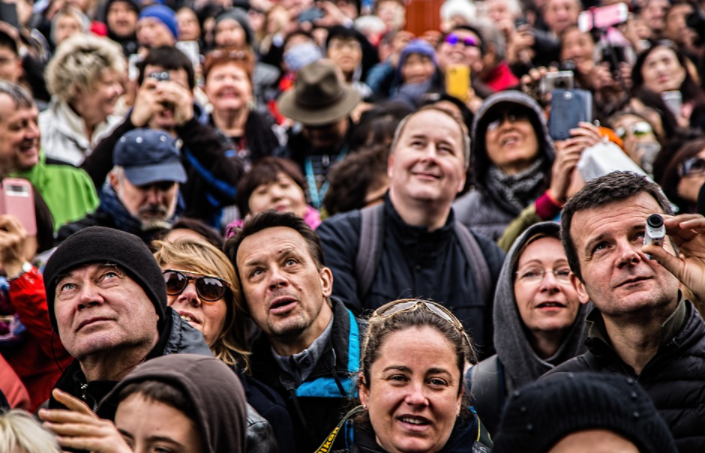The term “sociology” was commissioned by Auguste Comte in the 19th century from the Latin word “socios” (dealing with other people) and the Greek word “marcas” (motif) to describe the science of social presence. Although today there are seven main areas of sociology. Now, you can learn sociology from home by joining an online course. This handbook will briefly discuss these regions and the sociologists who comprise them. Here are the main study areas of sociology.

Social Organization
The social organization describes a routine of connections between different types and individual women and men. Social business can be said to be the simple foundation of modern society because it allows for fairly complex occupations in which other members of society participate or are interested. Assessing and classifying different groups of people is an important task for sociologists.
Sociologists generally define a group as one that contains two members who interact with each other, have a sense of individuality or belonging, and speak to expectations or norms that those outside the group do not. While the larger society of a particular nation is itself an example of a social institution, that culture is itself made up of a series of coordinated groups of interacting individuals. What sociologists study is exactly how they are socialized and organized.
Sociological Social Psychology
Sociological social psychology sheds light on the connection between different people, as well as the broader social arrangements and processes in which they participate. While the study of social organization and structure is the main focus of sociology, all social arrangements are the result of interactions between people.
Thus, to understand the meaning, character, and effects of social structure, we must understand the people whose behavior constitutes that structure. Leading sociologists in the field have studied some very fascinating places, such as obedience and disobedience through the Holocaust, the psychological effects of work and family life, as well as the attitudes of minority groups toward the cultural mainstream.
Social Change
 Sociologists are interested in assessing both “what is” and “what affects.” Thus, social change refers to a change in the way society is organized. Sociologists, therefore, seek to explain the effects and causes of social change. Some conceptions of social change emphasize evolutionary explanations. Sociologists usually identify a few important aspects that influence social change.
Sociologists are interested in assessing both “what is” and “what affects.” Thus, social change refers to a change in the way society is organized. Sociologists, therefore, seek to explain the effects and causes of social change. Some conceptions of social change emphasize evolutionary explanations. Sociologists usually identify a few important aspects that influence social change.
The first is the physical environment. There are many types of social institutions in which individuals live. Very rapid changes in the physical environment can cause serious disruptions in social and cultural lifestyles. Population trends are shown below. Migrations and conquests draw new people to new places, which can lead to forms of social change.
Human Ecology
It is the assessment of a given person’s personality and behavior and their interaction with the environment. It is about how social structures adapt to the high caliber and volume of natural resources and the emergence of additional human categories. Studies of this type have shown the prevalence of mental illness, delinquency, crime, prostitution, and drug addiction in urban centers and other modern developed places.
Population and Demographics
This study area is much more interested in assessing the numbers, cosmetics, change, and quality of individuals and how these factors influence broader economic, social, and political processes. This region also focuses on issues such as fertility and mortality rates, the impact of migration on the origin of particular inhabitants. Examples of topics that sociologists research in this area are population growth trends and how these trends are affected by fertility, birth, and migration rates, how people are distributed within a given area (e.g., segregation), poverty, and inequality.
